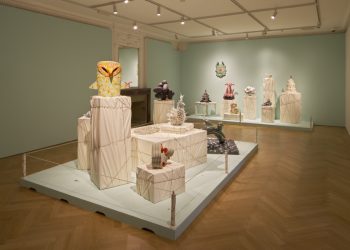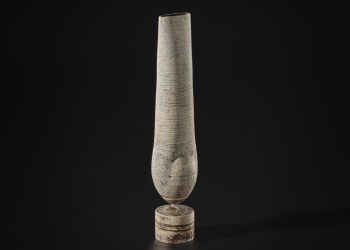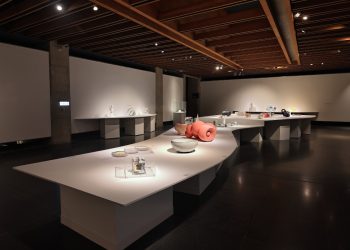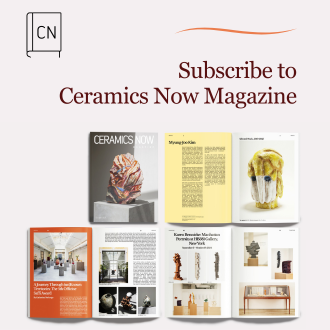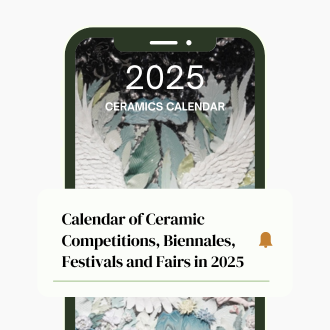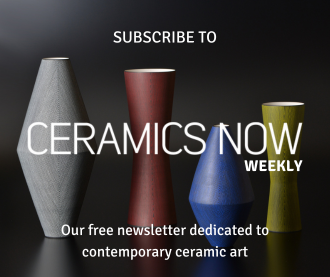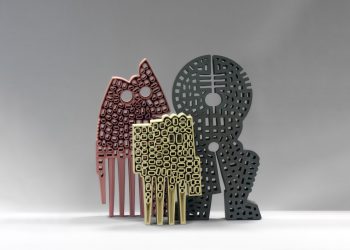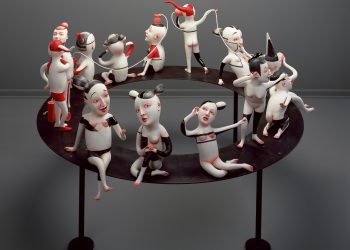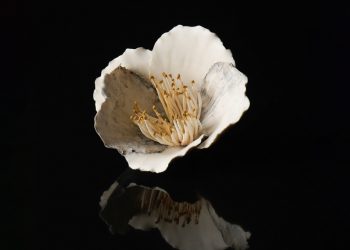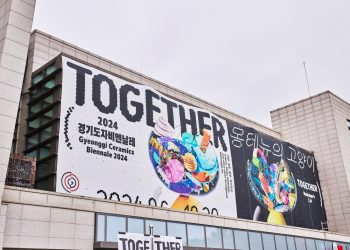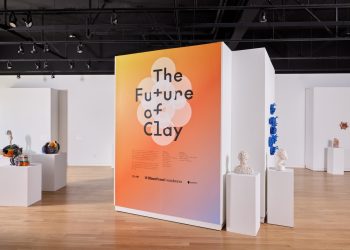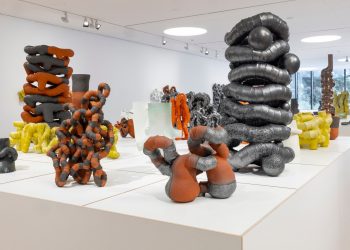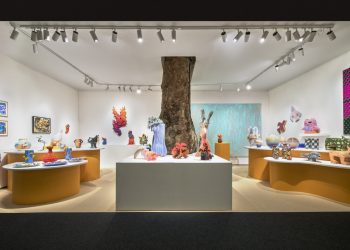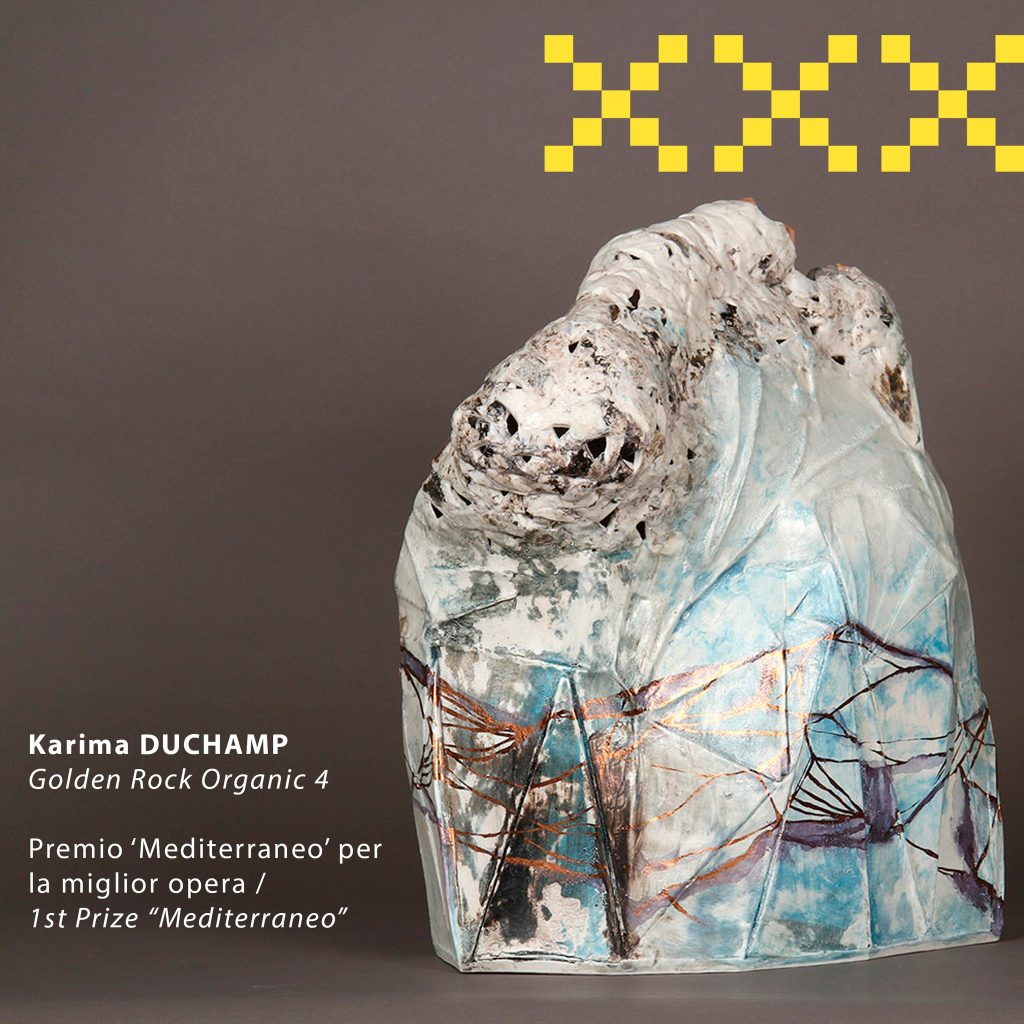

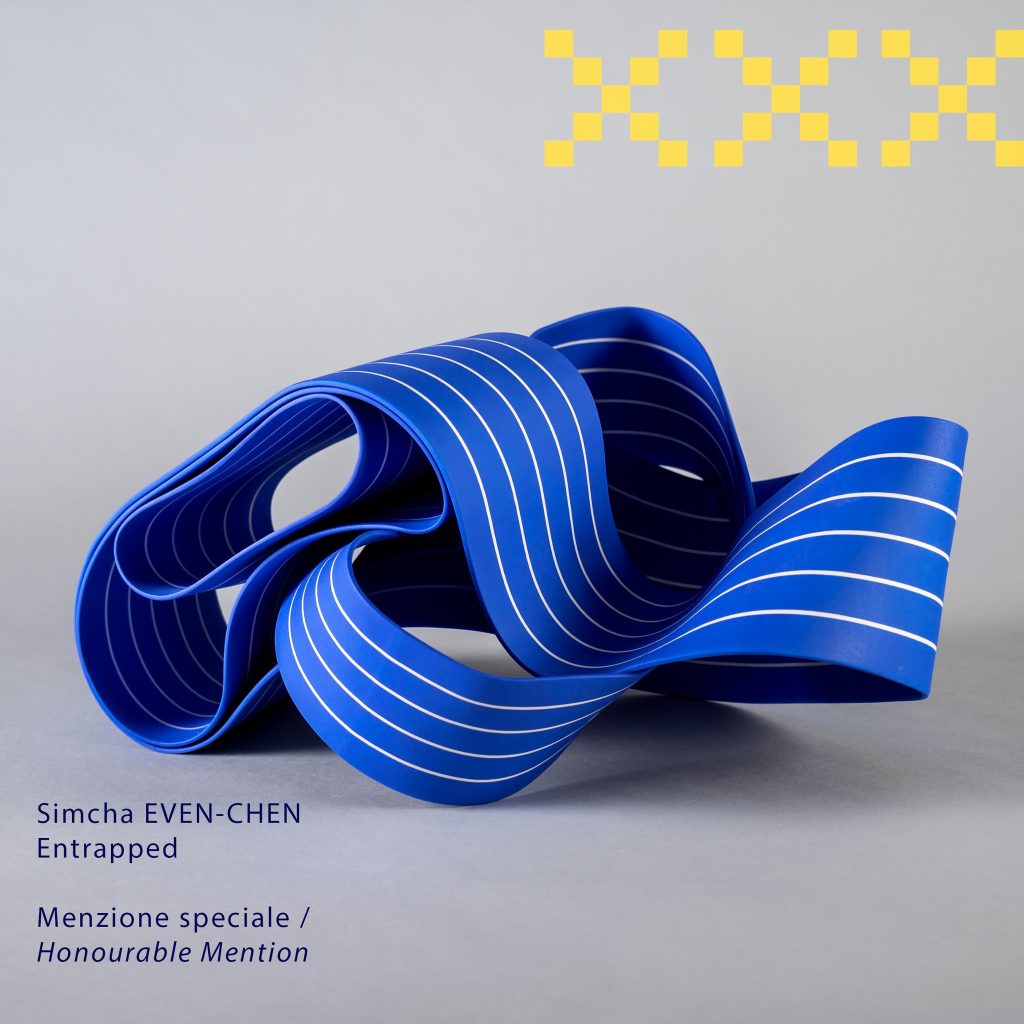
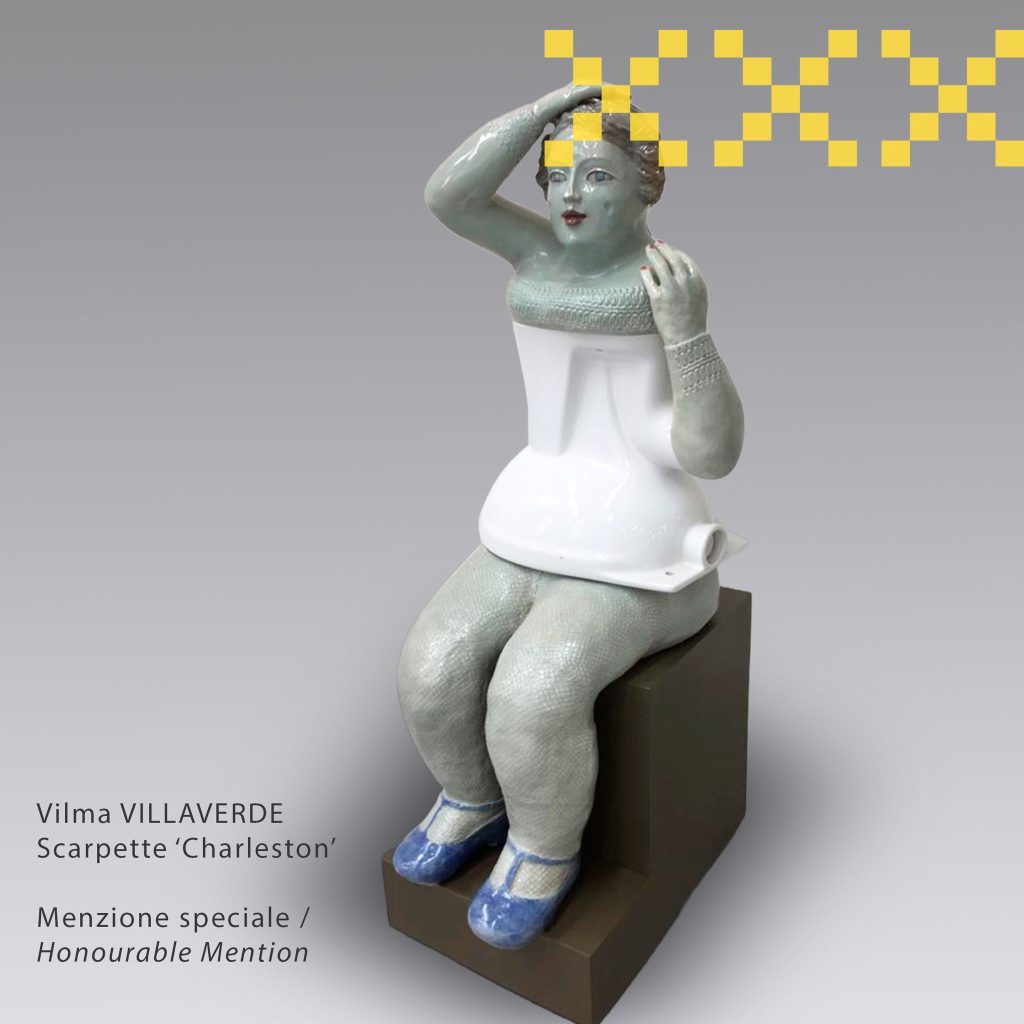
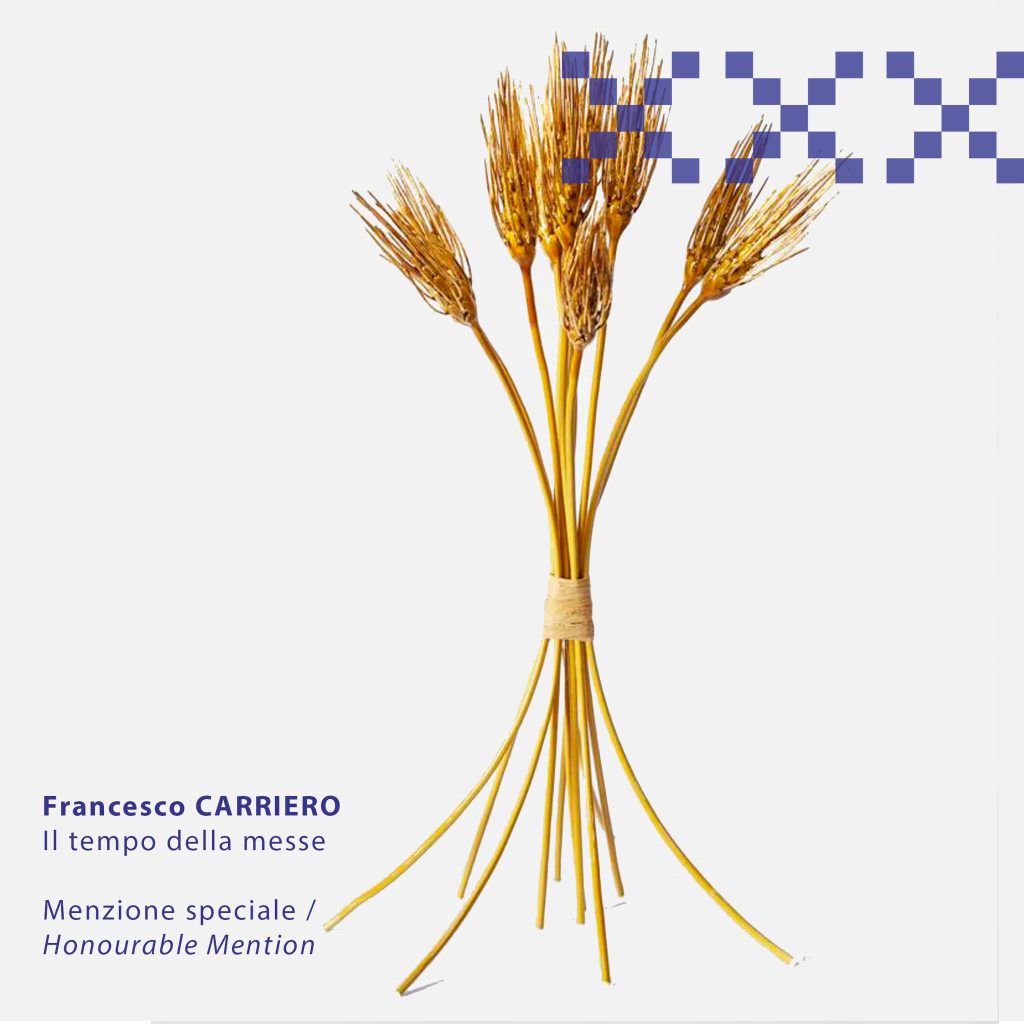
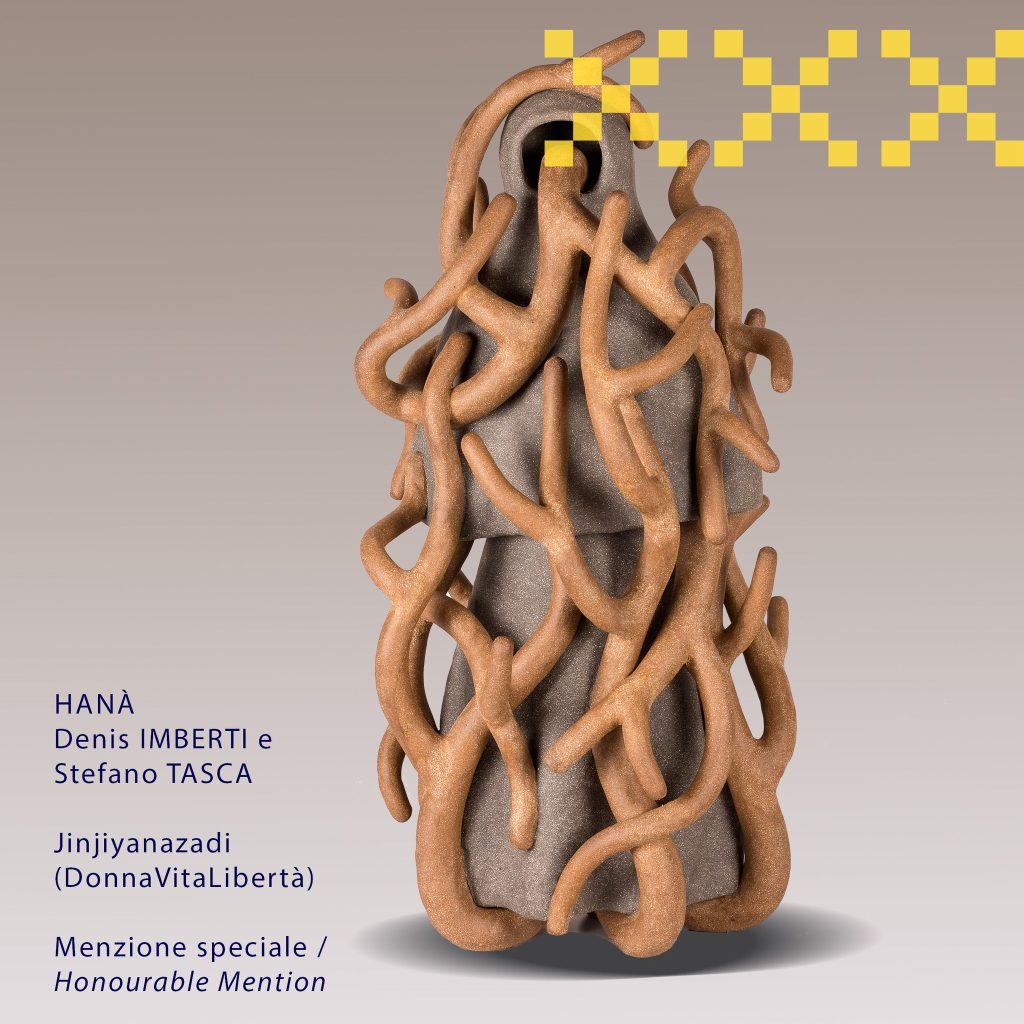
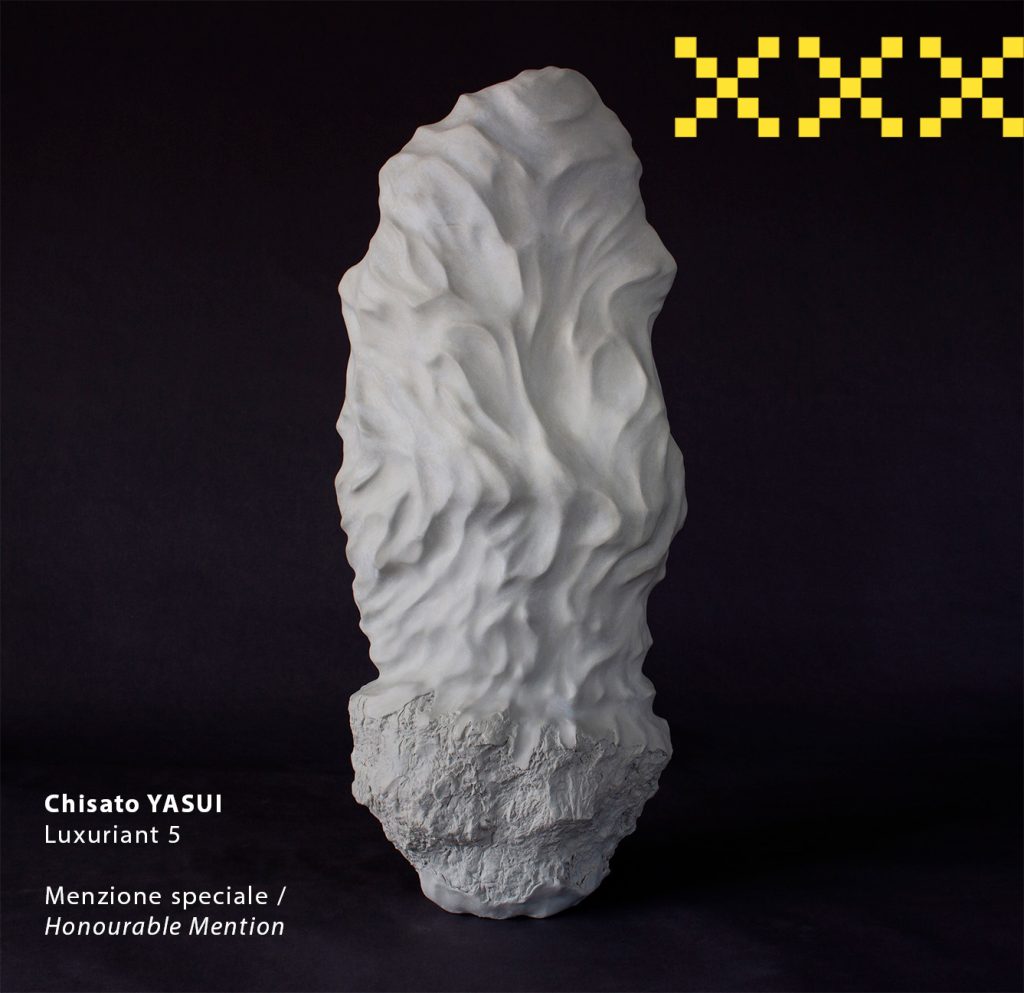
The winners of Mediterraneo, the 30th Competition of Contemporary Ceramic Art, have been announced
Karima Duchamp (France) has been awarded the 1st Prize “Mediterraneo” of the 30th Competition of Contemporary Ceramic Art for her artwork – Golden Rock Organic 4 – which perfectly summarizes the conceptual structure of a ceramic sculpture with organic, physical, decorative, and technical references in a harmonious overall interpretation.
Monika Patuszyńska (Poland) has been awarded the 2nd Prize “Personal Exhibition” of the 30th Competition of Contemporary Ceramic Art “Mediterraneo.” Her artwork – On relations: On adjusting, on mismatching and the difficult art of maintaining a balance – focuses on the complex principle of balancing parts, which is difficult to obtain in a sculptural composition.
The Jury has also given Honorary Mentions to the following works for their craftsmanship and the topics they deal with:
• Entrapped by Simcha Even-Chen
• Scarpette Charleston by Vilma Villaverde
• Il tempo della messe by Francesco Carriero
• Jinjiyanazadi (DonnaVitaLibertà) by Hanà (Denis Imberti and Stefano Tasca)
• Luxuriant 5 by Chisato Yasui
The Jury:
• Ciro D’Alò, Mayor of the City of Grottaglie;
• Claudia Casali, director of the International Museum of Ceramics in Faenza;
• Vasi Hirdo, editor-in-chief of Ceramics Now;
• Marco Maria Polloniato, curator of the competition and art historian;
• Mauro Fusco, delegated by Mr. Di Palma Emanuele, the President of the BBC San Marzano bank.
In recent years, the Mediterraneo Contemporary Ceramic Competition has expanded its reach globally and has established itself as a competition on a constant ascent in the contemporary art scene. Thirty-eight selected artworks from Poland, Japan, England, Lithuania, the United Arab Emirates, Germany, Romania, and Italy took center stage at the thirtieth edition of the Mediterraneo Contemporary Ceramic Competition in Grottaglie.
The competition, founded in 1971 in Grottaglie (TA) – one of the ceramic cities and unique in the world for its district entirely dedicated to the production of this craft (with over 70 active workshops) situated on a ravine – pays homage to ceramic craftsmanship as an essential element of the city’s identity throughout history, transforming clay into works of art for centuries.
An internationally renowned event that attracts artists and ceramicists from all over the world each year. The artists express their vision of the Mediterranean through ceramics, intertwining historical, cultural, naturalistic, and social elements. It is a unique platform for emerging and established artists, allowing them to exhibit their works and become part of a prestigious artistic community.
The thirtieth edition of the Mediterraneo Contemporary Ceramic Competition, from July 2 to October 8, 2023, is promoted and organized by the Municipality of Grottaglie.
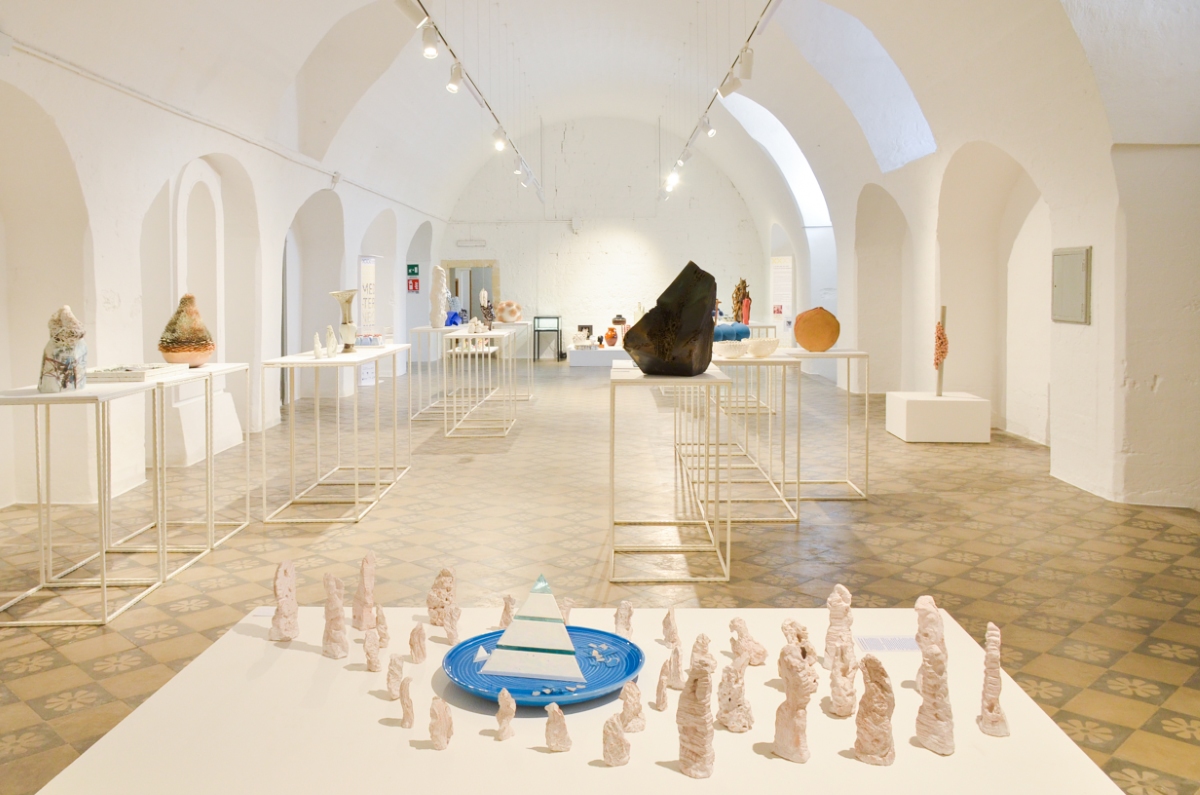
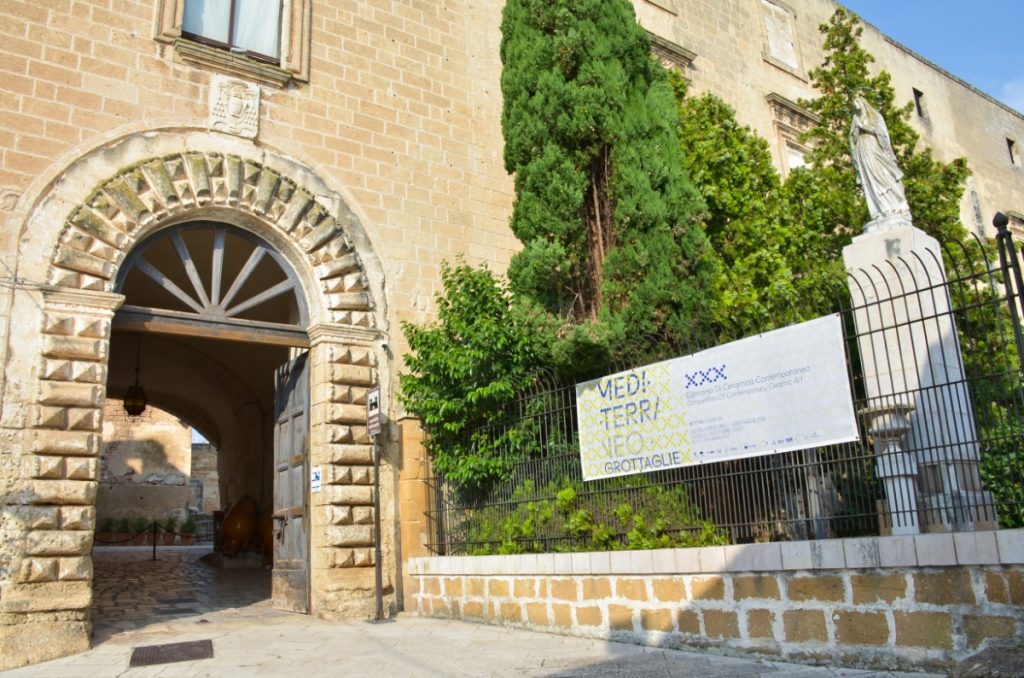
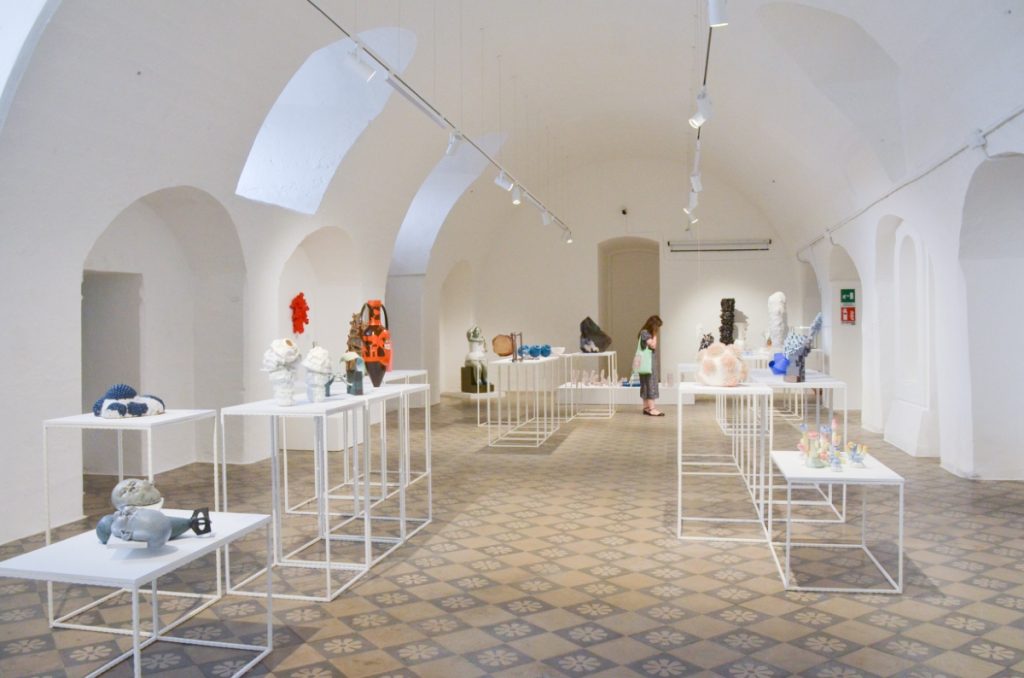
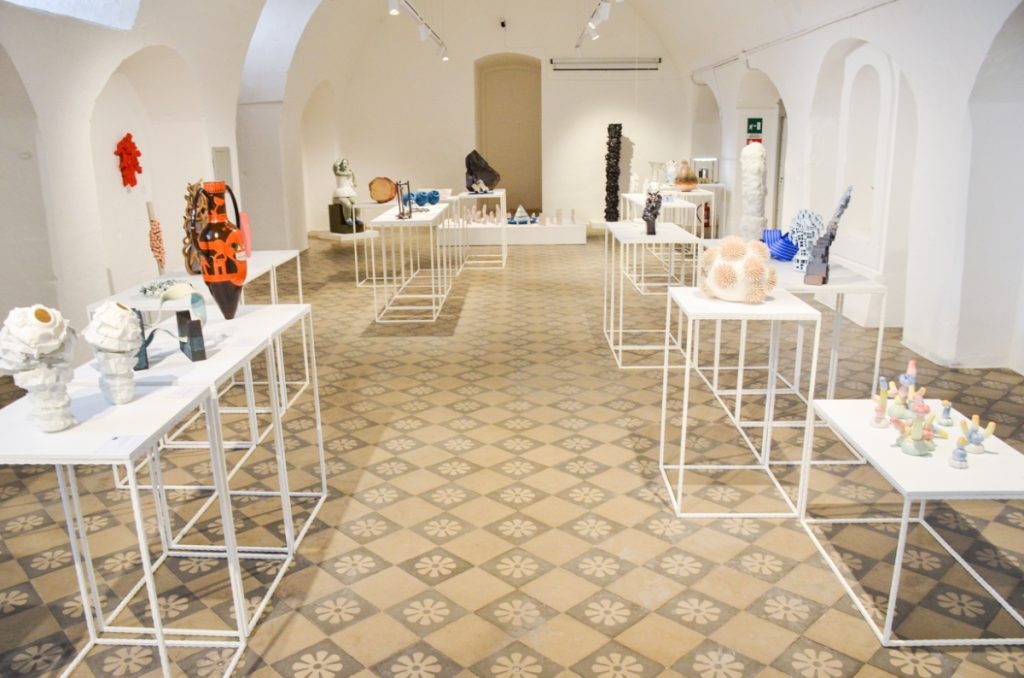
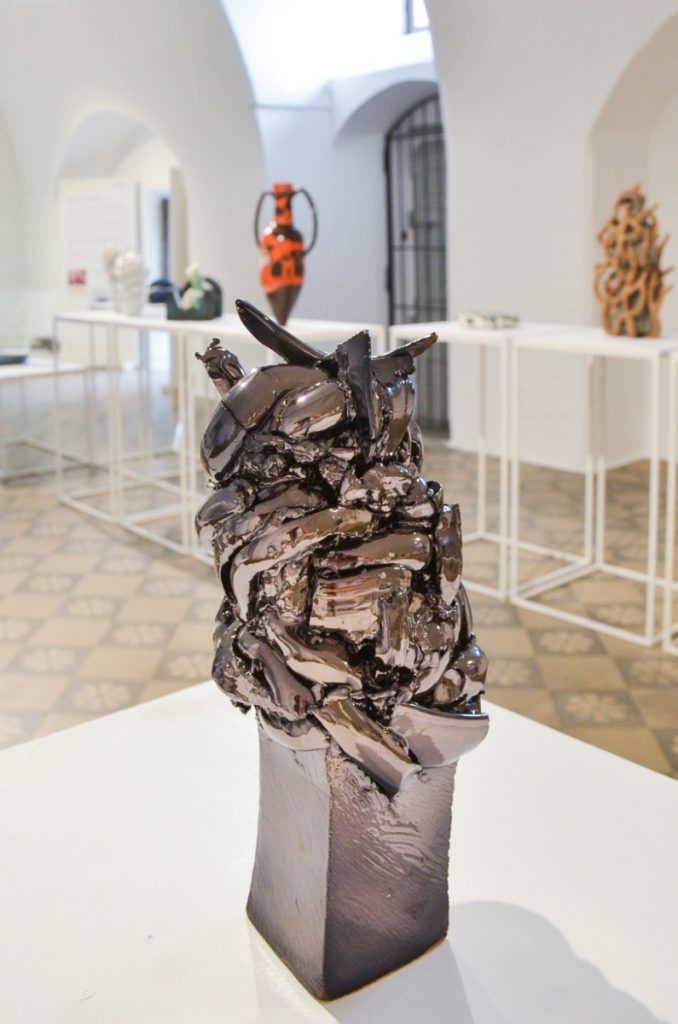
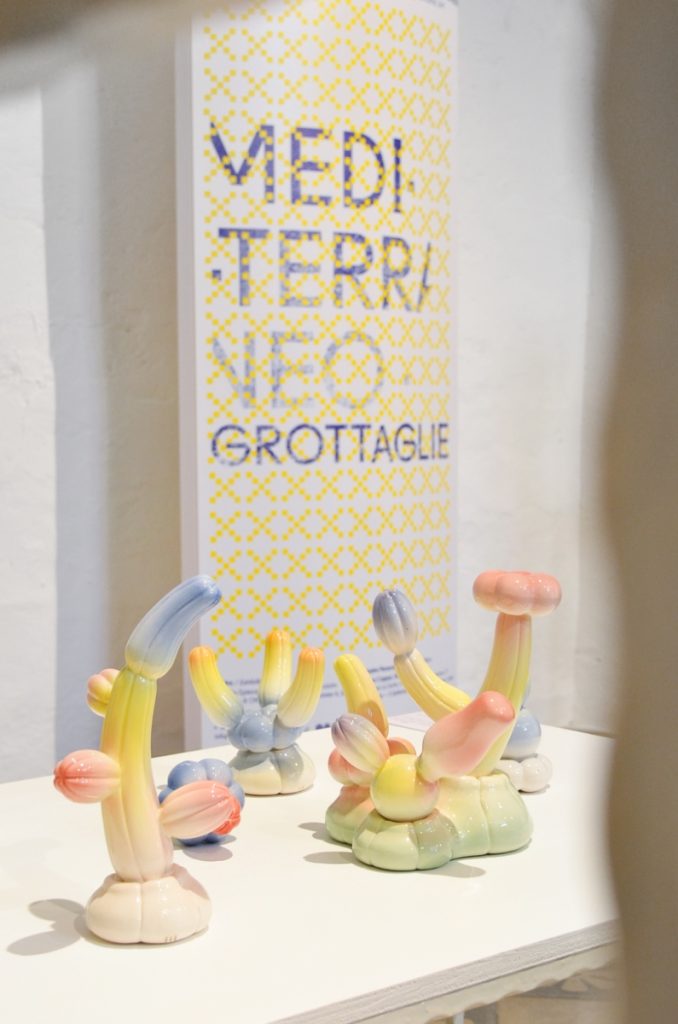

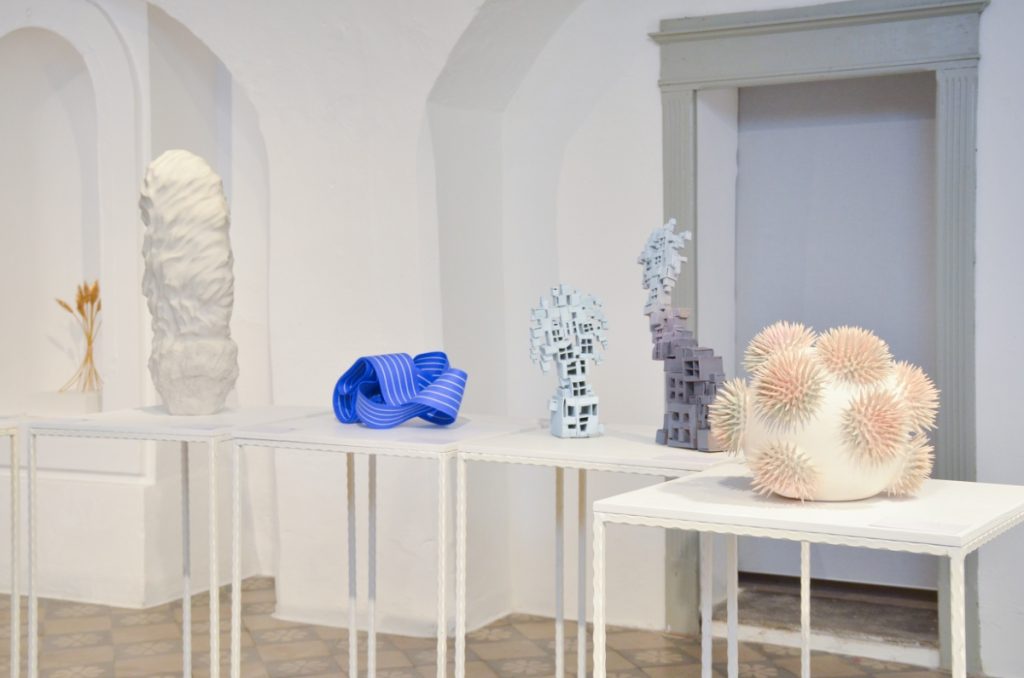
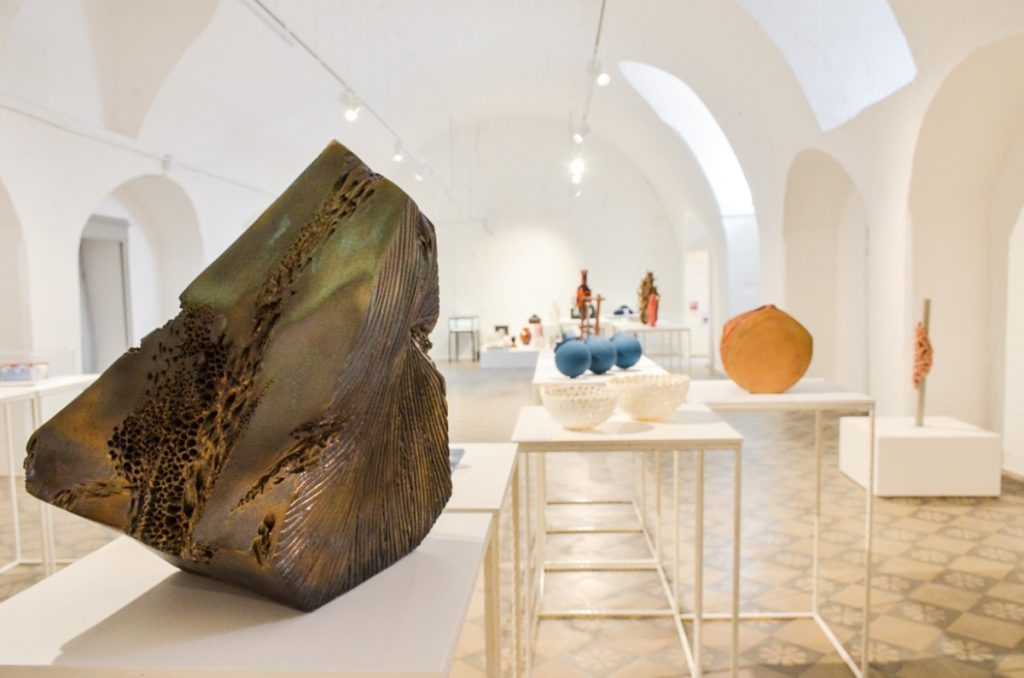

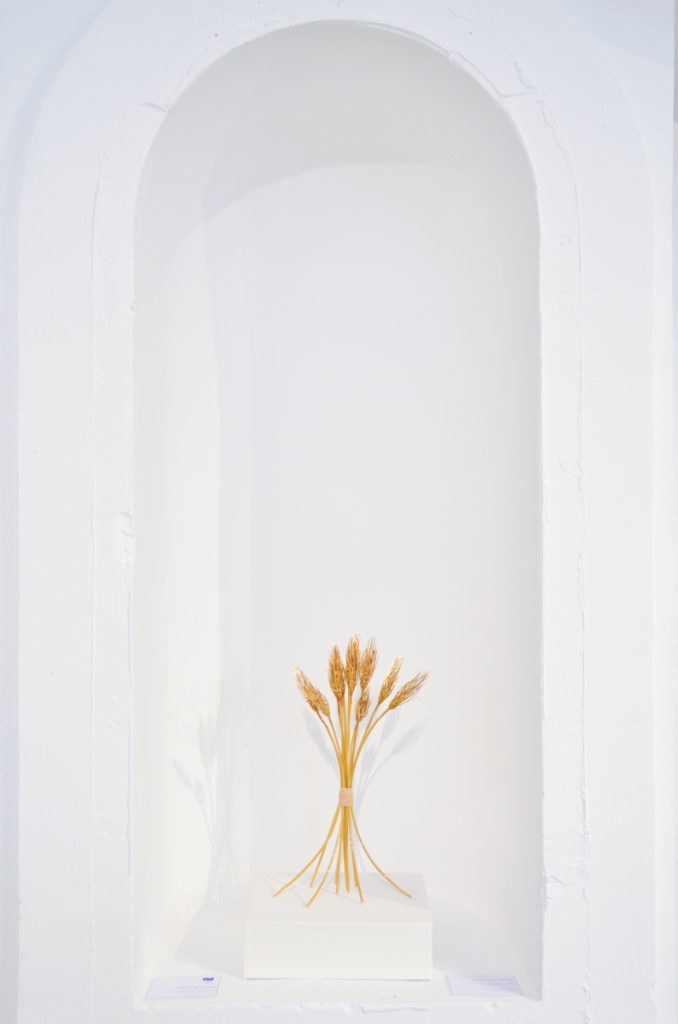
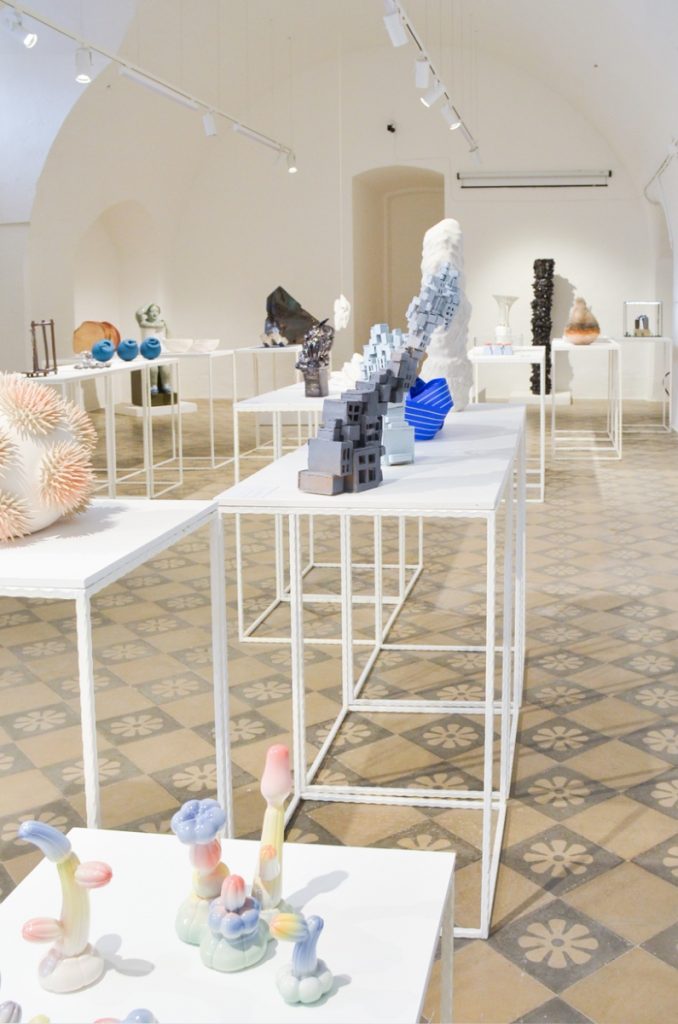
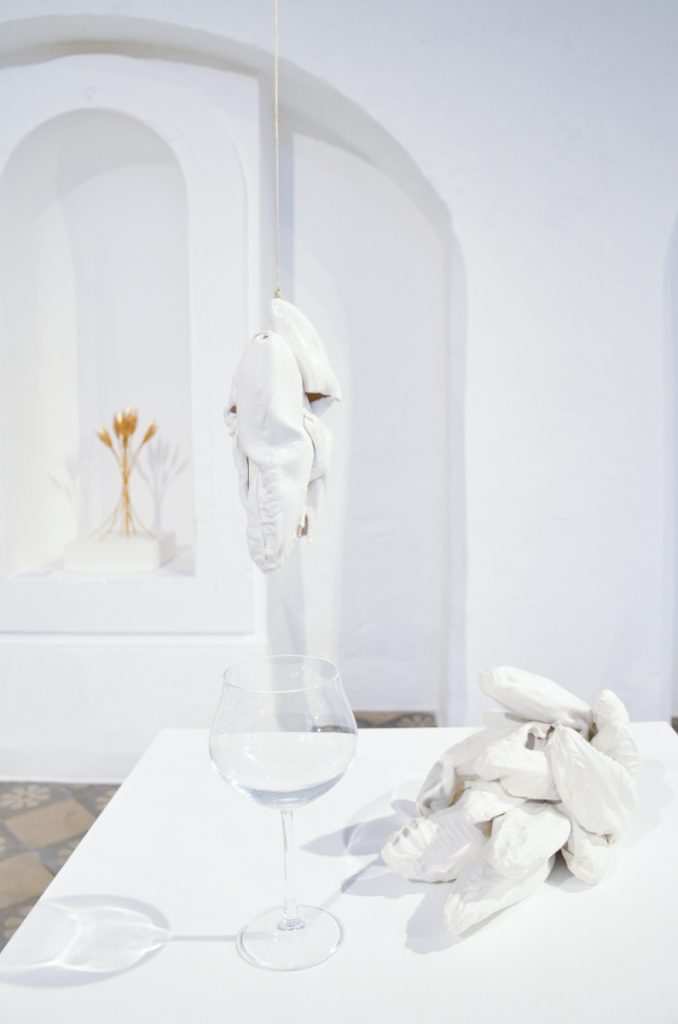
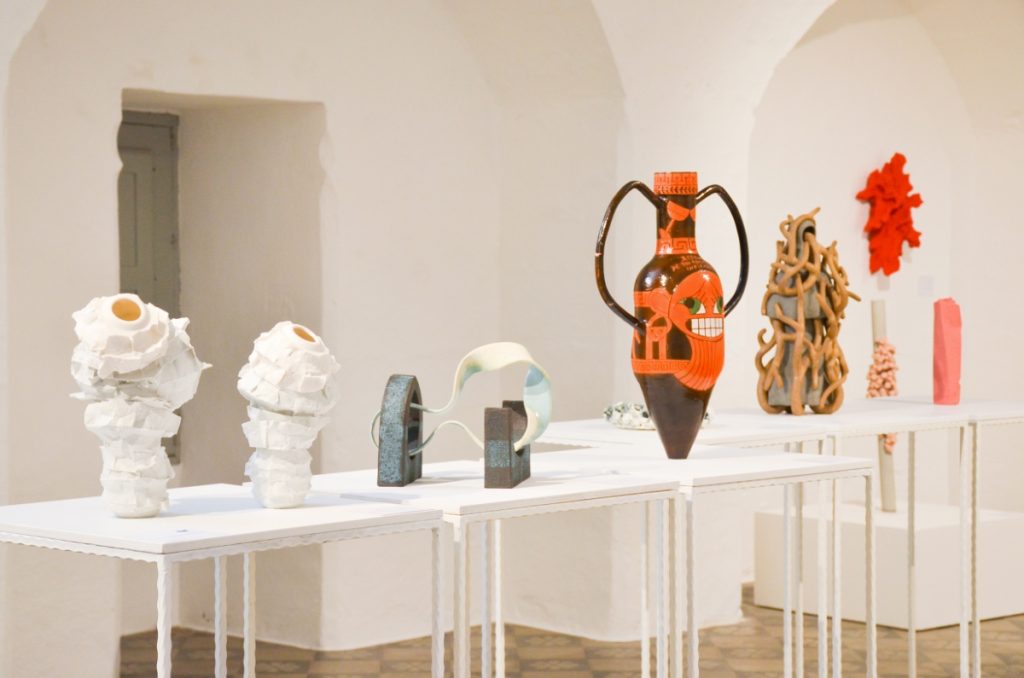
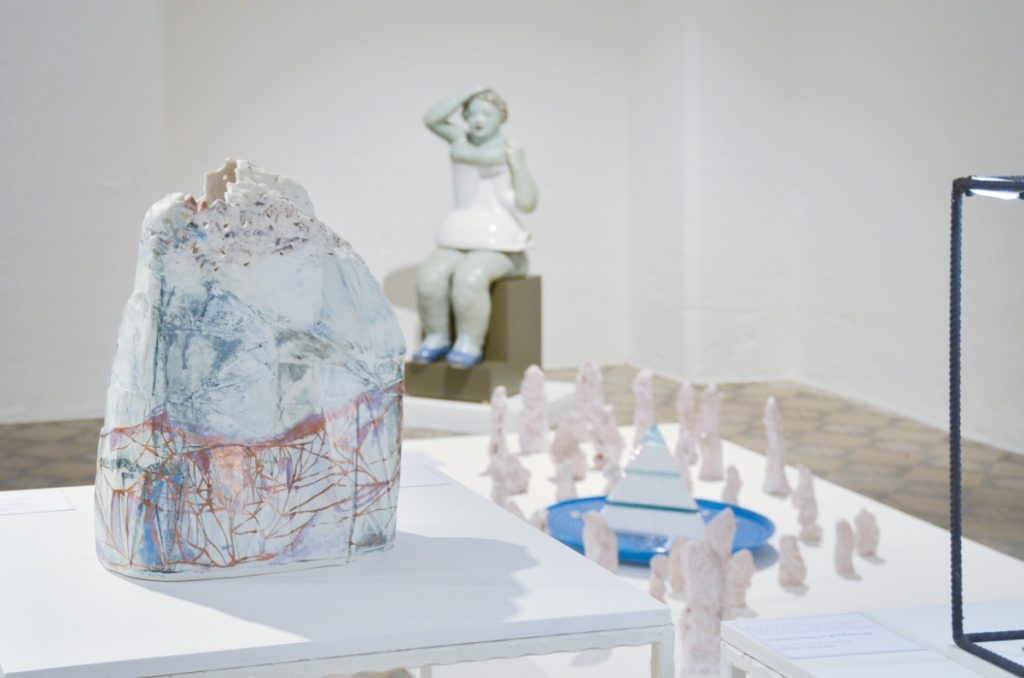
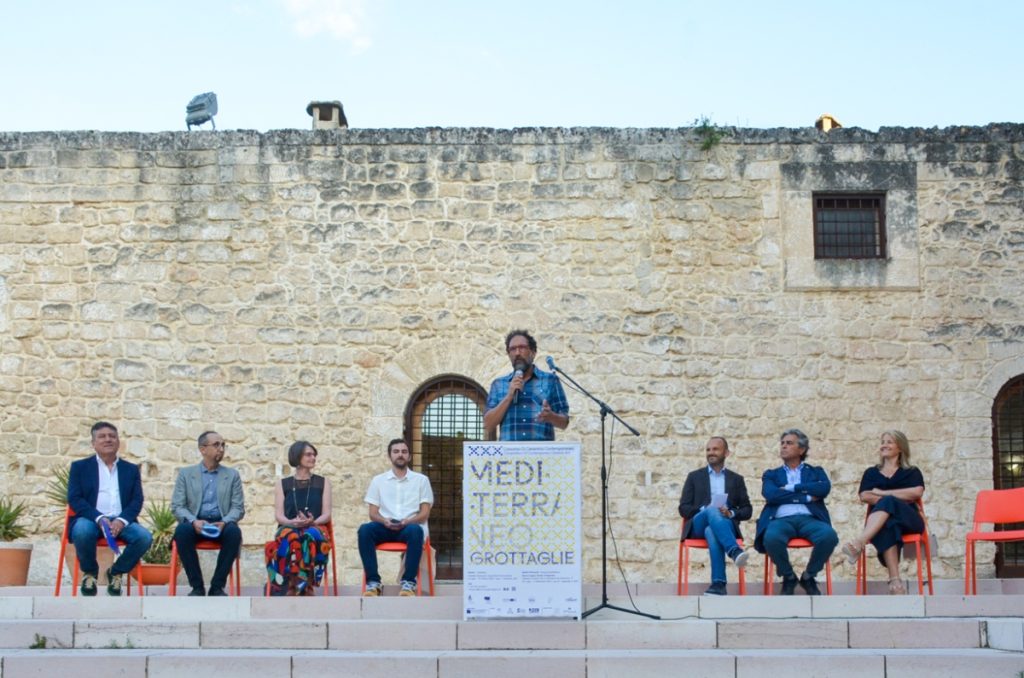
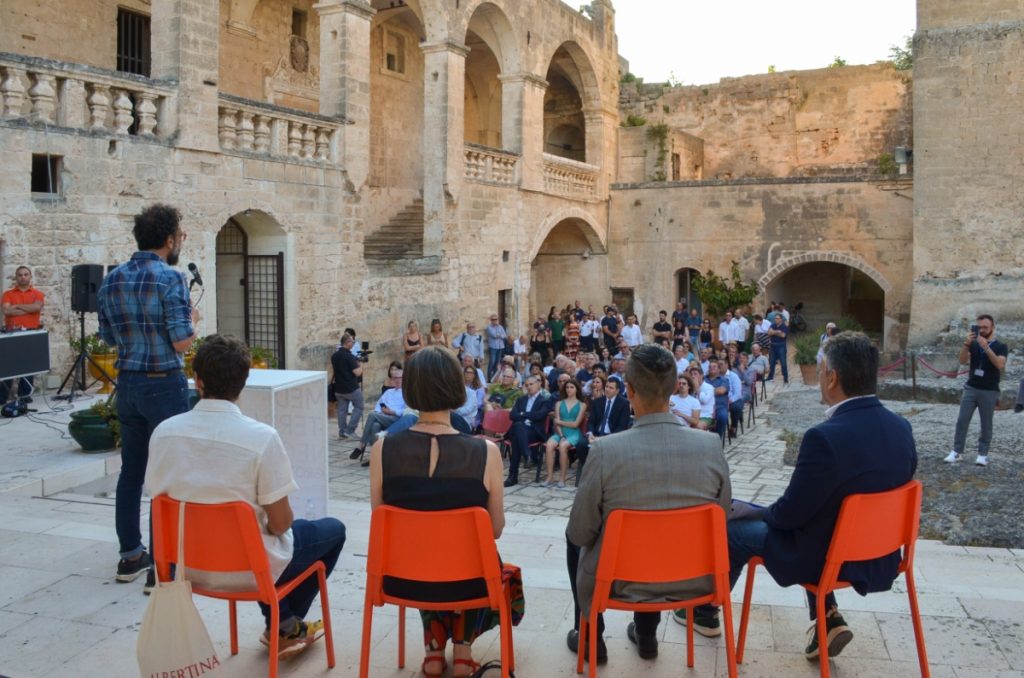
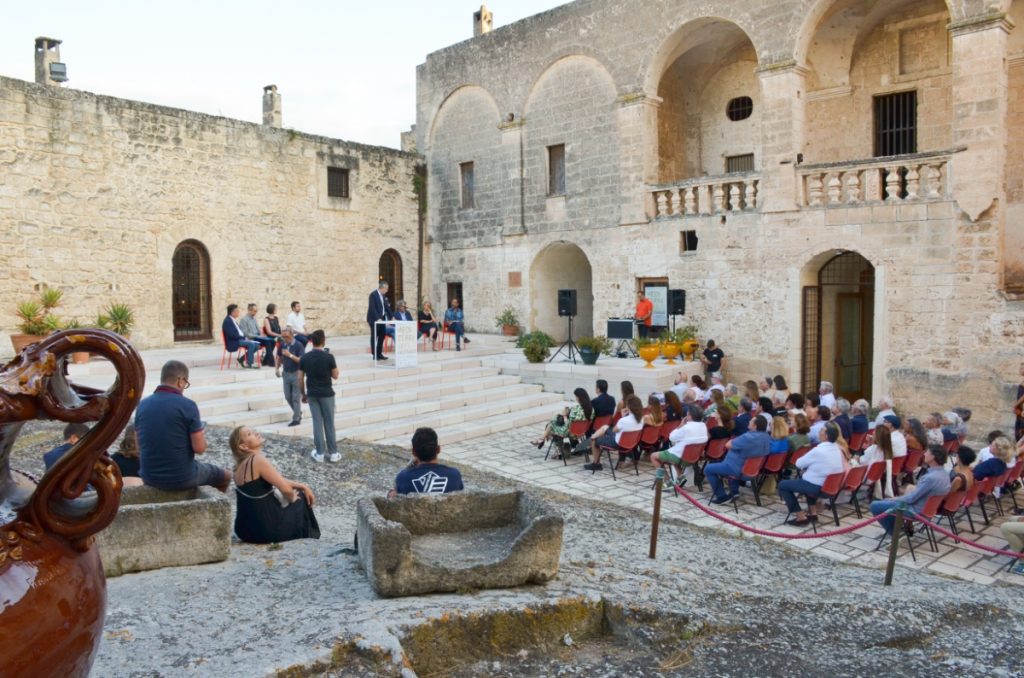
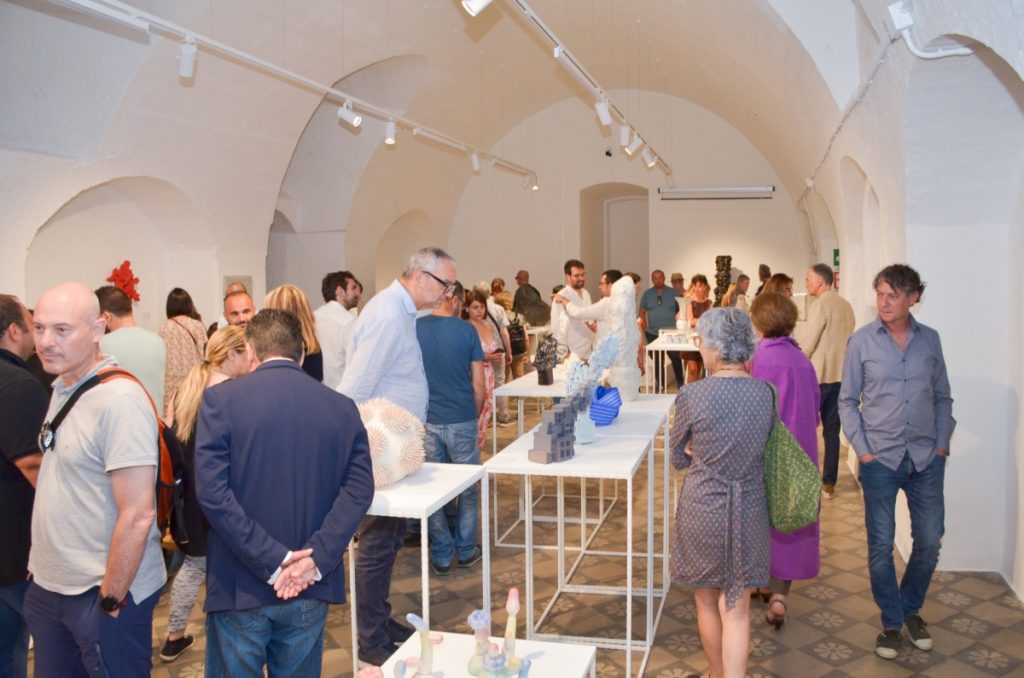
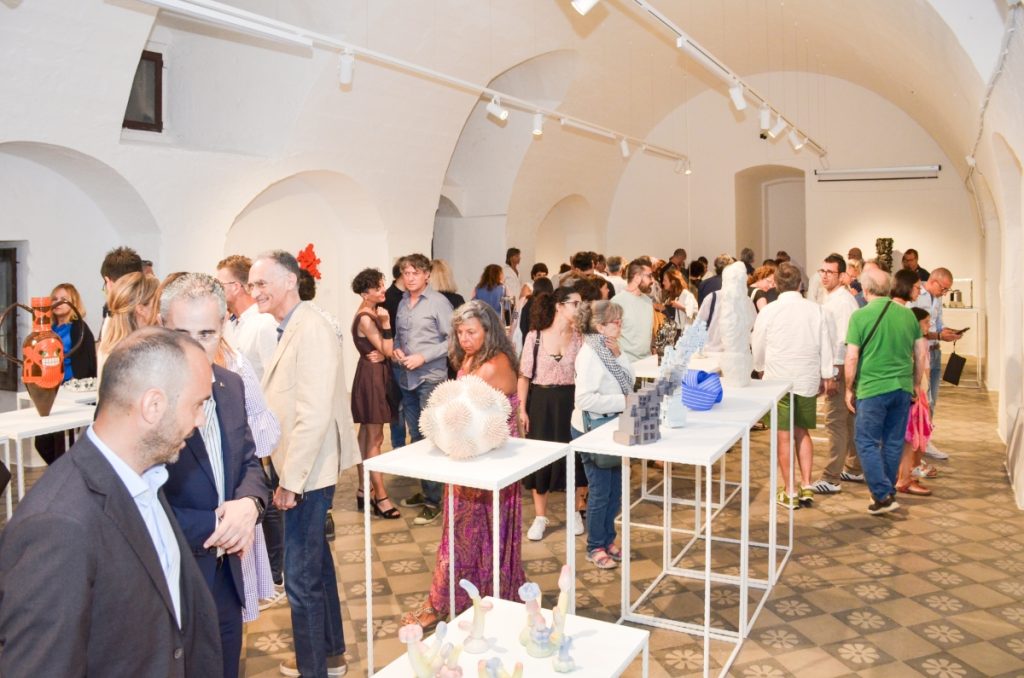
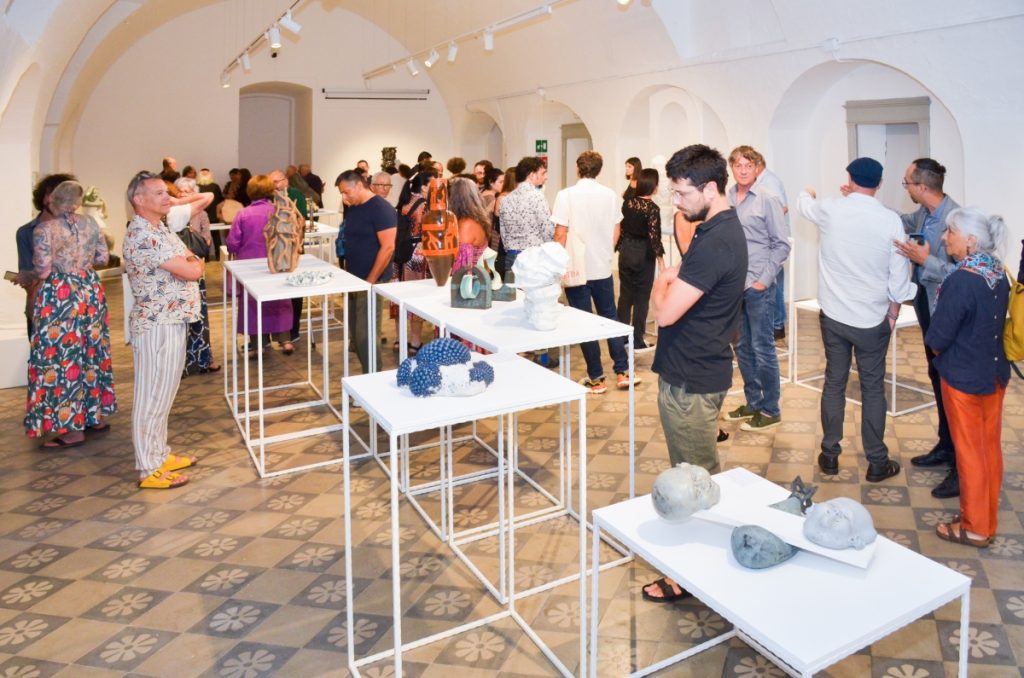
The History of the Competition
Grottaglie is internationally known as the City of Ceramics for its illustrious pottery history and the uniqueness of its “Ceramic Quarter.” Since 1971, it has also been home to an art exhibition promoted and organized by the Municipality of Grottaglie, now known as the Mediterraneo Contemporary Ceramic Competition and initially part of the “Ceramic Exhibition.”
The competition’s first edition was organized in 1971 as part of the 12th Ceramic Exhibition, immediately focusing exclusively on the ceramic world to recognize ceramic art as an essential element of Grottaglie’s identity. Despite ambitious and visionary goals, it presented as a complex and articulated cultural project.
Over the years, the Mediterraneo Contemporary Ceramic Competition has strengthened its role as a tool for researching and exploring artistic expressions within Mediterranean culture. From 2004 to the present, the competition has been organized continuously, receiving national recognition such as the High Patronage of the President of the Republic, collaborations with national and international museums, as well as the endorsement of public bodies and institutions, including the Puglia Region.
All the prizes awarded in the Mediterraneo Contemporary Ceramic Competition over the years, created by nationally and internationally renowned artists, have been incorporated into the Contemporary Section of the Grottaglie Ceramic Museum. Today, they represent a significant artistic heritage owned by the municipality and are visited by thousands of tourists, scholars, artists, and ceramic art enthusiasts.
The competition has undergone conceptual and organizational revisions throughout the years, leading to a new exhibition and competitive model centered around an objective and innovative interpretation of formal artistic proposals. It has assumed an international dimension, projecting itself beyond borders. Over time, the ancient halls of the Episcopal Castle in the city of Grottaglie have been complemented by the exhibition rooms of the Ex Convent of the Capuchins, now a branch location of the contemporary section of the Ceramic Museum.
Grottaglie (TA) and its ceramics
Contrary to other ancient ceramic production centers in Italy, Grottaglie (TA) is the only city entirely dedicated to the production of this type of craftsmanship, with a dedicated “Ceramic Quarter.”
The “Ceramic Quarter” is located in a still active rocky environment. In the heart of this distinctive town, along the San Giorgio ravine, an entire neighborhood of skilled ceramicists has developed over the centuries. They have carved out workshops and firing kilns in underground rock environments, historically used as oil mills. Today, they have developed a flourishing artisanal activity recognized and appreciated worldwide.
Grottaglie’s figuline tradition is characterized by two main products: the “whites of Grottaglie,” an artistic manufacture belonging to a certain type of elitist production described by the enhancement of pure form through the use of tin white enamel, and the more characteristic rustic and popular ceramics, characterized by a color palette of rotten green, ochre yellow, blue, and manganese. This production includes the famous “capasoni” (from “capase,” meaning “capable”), large containers formed in distinct sections and subsequently joined, primarily used for holding wine.
With over 70 ceramic artisan workshops today, Grottaglie is included in the exclusive list of 45 Italian Cities of Ceramics.
Contact
Castello Episcopio, Piazza Immacolata
Phone 099 5620427
infopoint@comune.grottaglie.ta.it




